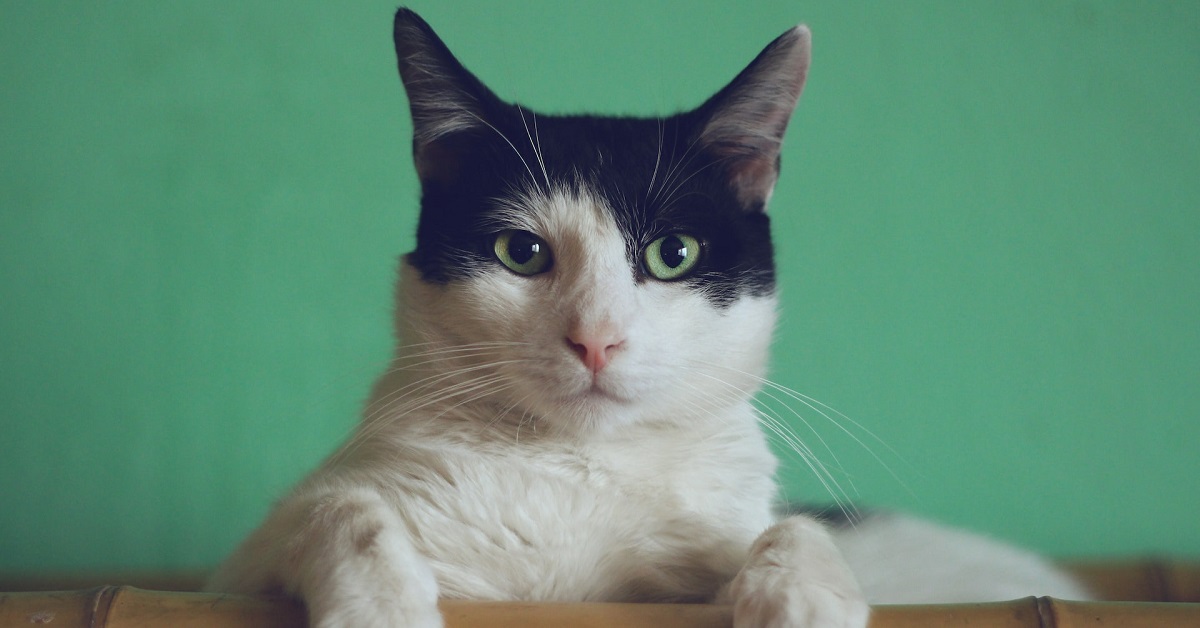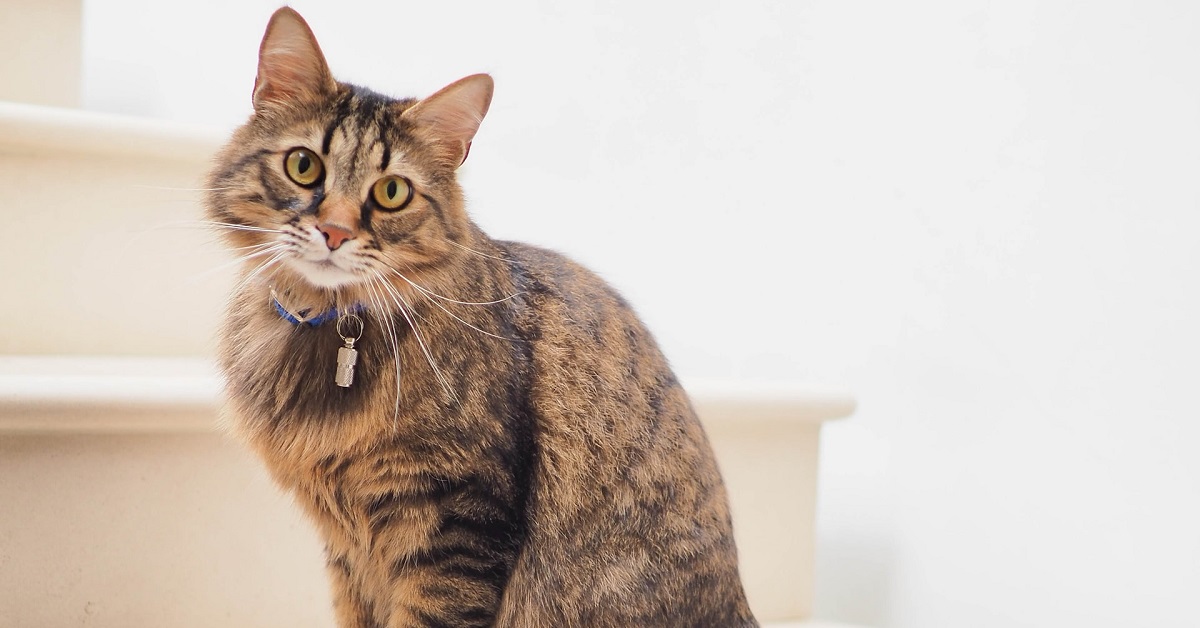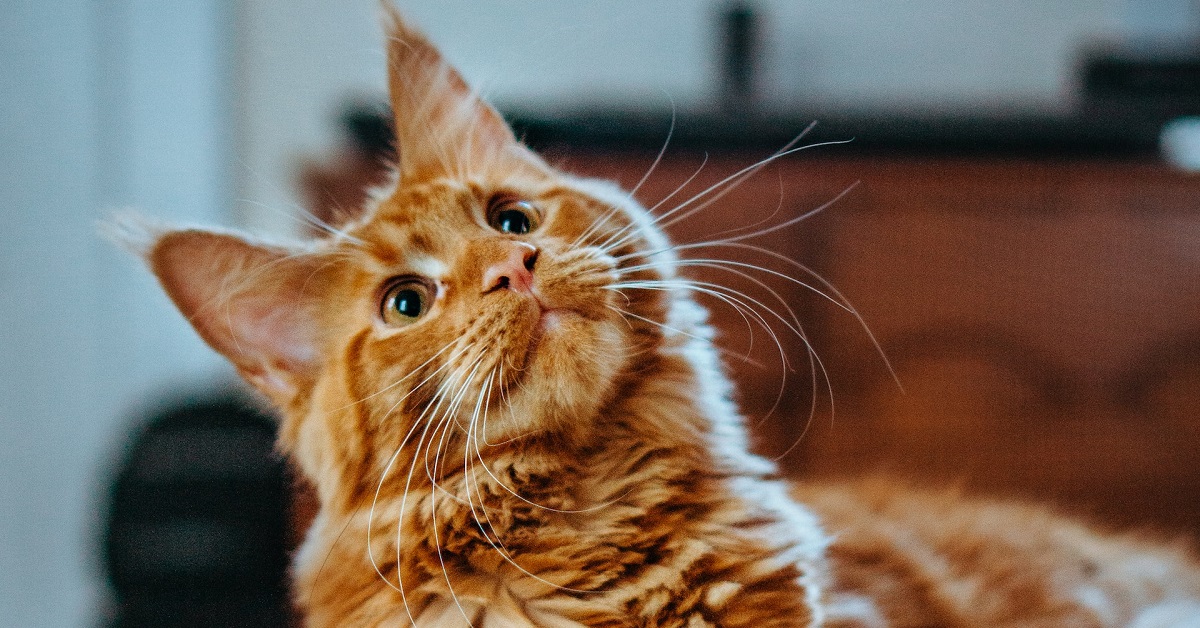Vetpharmacy.co.uk Cookie Policy : We use cookies to enhance your user experience. To find out more please view our cookie policy
How Do You Tell if Your Cat is Stressed?

It can be unsettling if you don't understand why your cat is acting differently. Stress is often the cause of behavioural changes in cats, therefore it's crucial to be able to recognise the symptoms as soon as possible, even if they are minor. The level of stress in your cat's life can affect it. It may exacerbate existing medical conditions as well as lead to new ones, such as stress cystitis, which can be uncomfortable and deadly for cats. Keep reading to find out how to relieve cat stress.
How do I know if I need to relieve cat stress?
Your cat's behaviour can change if they're under stress. Others may emerge gradually or be more difficult to see, while others may occur quickly and be quite obvious.
Some indications that your cat may be stressed may include:
- Constantly hiding or shifting all the time
- Eating less often than usual
- Staying away from specific locations, animals, or people
- Poor coat quality
- Worrisome body language (e.g. crouching or arching, slinking low to the ground, ears back)
- Excessive grooming, hair loss, or skin issues
- Low energy
- Ill-placed urination, urine spraying, and urine that contains blood
- Increased yowling or meowing
- Sudden behavioural changes, such as a social cat preferring to be left alone or an energetic, lively cat quitting playing.
- Aggression toward people or other animals
- Vomiting or diarrhoea
- Weight loss
Most of these symptoms can be brought on by both stress and medical conditions. Therefore, always seek advice from your veterinarian first if you have concerns regarding your cat or notice a significant change in their behaviour.

Why is my cat stressed?
A number of different things can cause stress in cats, and not every cat will perceive the same things to be uncomfortable. Finding the cause can be challenging, but it's crucial to try to pinpoint what stresses your cat out so you can take preventative measures.
Environment changes - Changes to a cat's environment or housing are one of the leading causes of stress in cats.
Social changes - Many cats prefer to be alone and may find other animals unsettling, especially other cats. Additionally, they have a tendency to be possessive and like their own space.
Phobias and fears - Some cats experience stress because of fears or phobias.
Injury or illness - Pain, discomfort, and illness can all make cats anxious. This is particularly true for some chronic illnesses that may significantly lower the quality of life for your cat.
How can you relieve cat stress?
Ensure your cat has access to everything they require to be content, including enough beds, scratching posts, and litter trays, as well as regular availability of water. Rubbish trays should be maintained well away from both food and water, and they shouldn't be kept together either.
Consider using a cat pheromone diffuser. Use a pheromone diffuser when something that you know will unavoidably stress your cat out is coming up, like a new baby or moving house. When bringing new things, people, or dogs to the home, give your cat some time to become used to them.
It is best to get guidance from your veterinarian if you suspect that your cat is stressed. They can examine any potential medical reasons for their symptoms and make suggestions for how to help them.

Shop online today at Vet Pharmacy for the best products to relieve cat stress.
This blog post was written on behalf of Vet Pharmacy by Pharmacy Mentor.
Updated November 2022